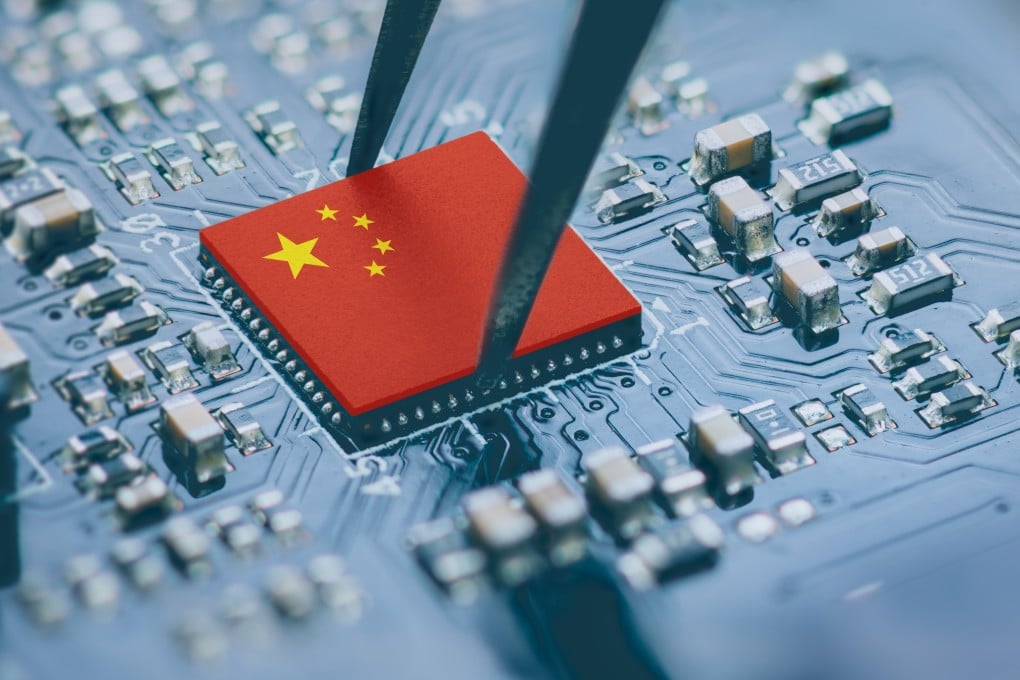Advertisement
Will South Korea join US-led chip alliance ‘Chip 4’, and risk business ties with China?
- The US-led partnership includes South Korea, Japan and Taiwan is seen by Beijing as Washington’s plot to exclude China from semiconductor value chains
- Seoul is key to Beijing’s semiconductor self-sufficiency drive, as South Korean chip giants Samsung Electronics and SK Hynix operate plants in China
Reading Time:4 minutes
Why you can trust SCMP
19

South Korea finds itself engaging in “active diplomacy” – as it contemplates joining a US-led coalition aimed at partially decoupling China from a global tech cooperation because it cannot afford to lose US technology and equipment for manufacturing semiconductors, analysts say.
At a press conference with foreign journalists on Wednesday, Foreign Minister Park Jin stressed the Chip 4 coalition is not aimed at excluding a certain country and it would rather be a “consultative body” with a view to ensuring cooperation in securing a stable supply chain.
“If China has a misunderstanding about it, we will exert our utmost diplomatic efforts to resolve the misunderstanding,” he said, adding that he plans to visit China next month for talks with his counterpart Wang Yi.
Advertisement
The official line is that the government will reach a decision solely on the basis of national interests, but there is every indication that the country will join the United States, Japan and Taiwan in the move.
The US wants to hold the first partners meeting around the end of August, while the three others reportedly want to hold it behind close doors.
Advertisement
Advertisement
Select Voice
Select Speed
1.00x